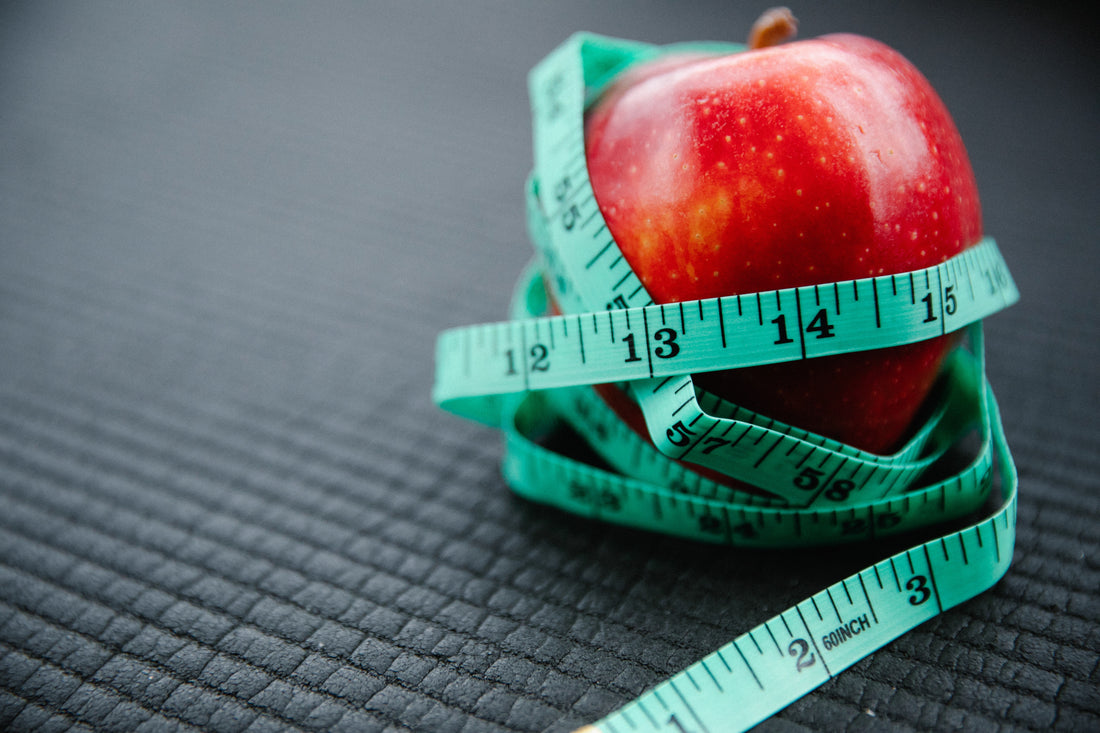Obesogens, a relatively new term in the health and scientific community, refer to a group of chemicals found in our environment that have the potential to disrupt normal hormonal balance and metabolic processes in the body.
Studies have shown these disruptions can lead to a range of health issues, including weight gain, obesity, and metabolic syndrome and related complications, per Environmental Health Perspectives.
As we gain a deeper understanding of environmental obesogens, we recognize the importance of being proactive in reducing our exposure to these harmful endocrine disrupting chemicals. By making informed choices about the products we use, opting for organic produce, and minimizing plastic usage, we can take significant steps to protect our health and well-being.
Dr. Sebi's emphasis on natural, holistic approaches aligns with the need to create a healthy environment that supports our journey towards optimal wellness, free from the influence of obesogens.
What Are Obesogens?
Obesogens can be found in various common substances, and many of them are synthetic chemicals used in everyday products. Studies have shown some obesogens are structurally similar to hormones in the body, allowing them to bind to hormone receptors and mimic hormonal signals.
Here are a few types of obesogens and their sources:
- Phthalates: found in plastics, personal care products, and fragrances
- Bisphenol A (BPA): present in certain plastics, epoxy resins, and food can linings
- Perfluorinated Compounds (PFCs): used in non-stick cookware, water-resistant fabrics, and food packaging
- Organophosphate Pesticides: used in conventional agriculture and found on non-organic produce
- Polychlorinated Biphenyls (PCBs): in industrial chemicals that were once used in electrical equipment and other applications
Exposure to environmental obesogens can occur through various routes, including ingestion, inhalation, and skin contact. These endocrine disrupting chemicals can accumulate in the body over time due to their persistent nature, leading to chronic effects on metabolism and overall health.
What Are the Effects of Obesogens?
Obesogens disrupt the endocrine system, a complex network of glands and hormones that regulate various bodily functions. They interfere with the body's ability to communicate and coordinate essential processes, leading to unintended consequences. Here’s an overview of how they work:
- Hormone Disruption: Obesogens can interfere with hormone receptors in the body, either by mimicking the action of hormones (agonists) or blocking their effects (antagonists). This disruption can lead to imbalances in hormones like estrogen, insulin, and thyroid hormones, affecting metabolic processes and contributing to weight gain.
- Epigenetic Changes: Some obesogens can modify the expression of genes related to metabolism and fat storage. These changes can influence how the body processes nutrients and stores fat, according to the International Journal of Molecular Sciences.
- Altered Fat Cell Development: Obesogens can impact the development of fat cells (adipocytes), leading to an increase in the number of fat cells and size of these cells, per the American Journal of Obstetrics and Gynecology. This can contribute to obesity and related health issues.
- Appetite Regulation: Obesogens can affect the brain's regulation of appetite and satiety, potentially leading to overeating and weight gain.
Obesogen Detox: How to Avoid Obesogens
- Choose Organic: Avoid highly processed foods and opt for organic produce whenever possible, as it’s less likely to contain pesticides and obesogens.
- Meal Prep Mindfully: Store food and beverages in glass containers rather than plastic, which may contain obesogen-like chemicals that can leach into your food.
- Use Natural Cleaning Products: Swap out chemical-laden cleaning products for natural alternatives to reduce exposure to obesogens in your home. Look for ingredients like water, citrus essential oils, and tea tree oil.
- Reduce Plastic Use: Minimize your use of plastic containers, bottles, and utensils, as some plastics contain obesogen-like compounds. Instead, opt for containers made from BPA-free materials like glass and use cutlery made of stainless steel.
- Avoid Toxic Personal Care Products: Opt for personal care products that are free from phthalates, parabens, and other potentially harmful chemicals.
- Cleanse: Cleansing once or twice a year helps you body eliminate accumulated debris, mucus, and toxins.



















































1 comment
Thanks Dr.Sebi, I have work very hard on my health. So far this Past February been free of polk & Beef Free. Still have a long process to get to the max. Love Reading The journal that you provide for us. You are Truly a life saviour. Gone but never forgotten. R.I.L.